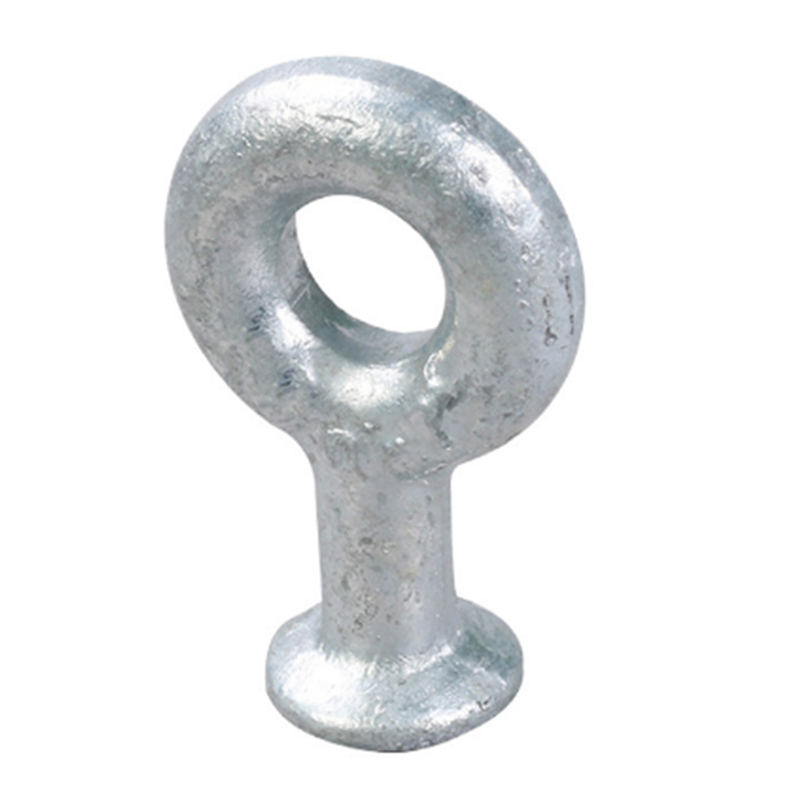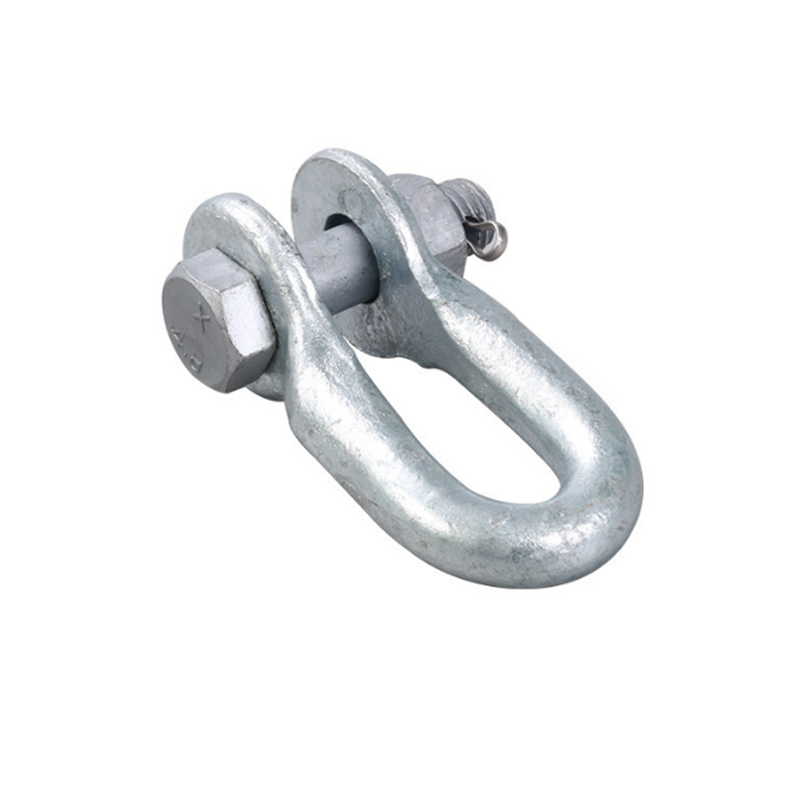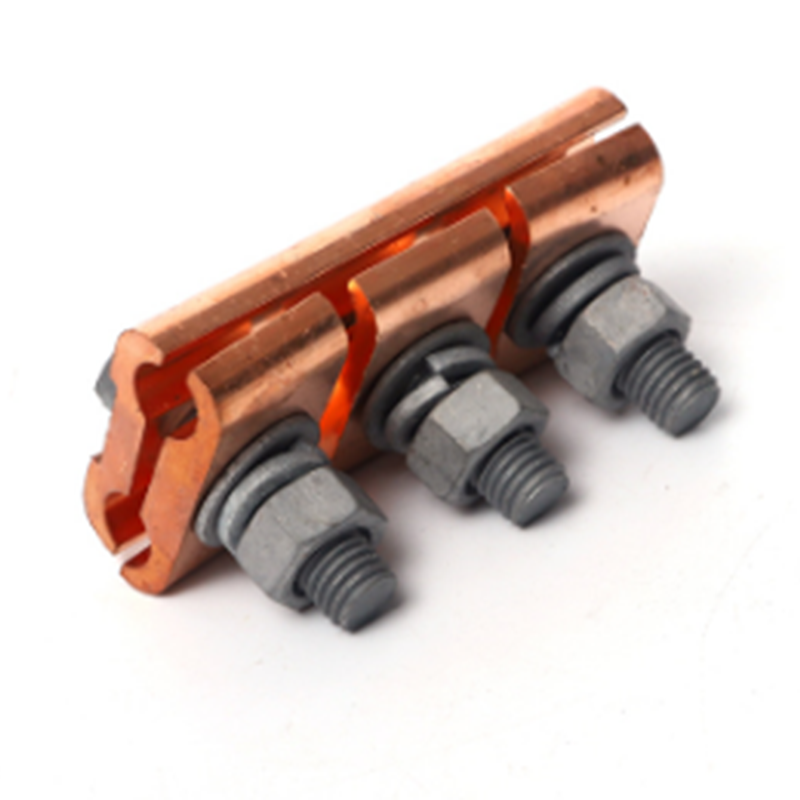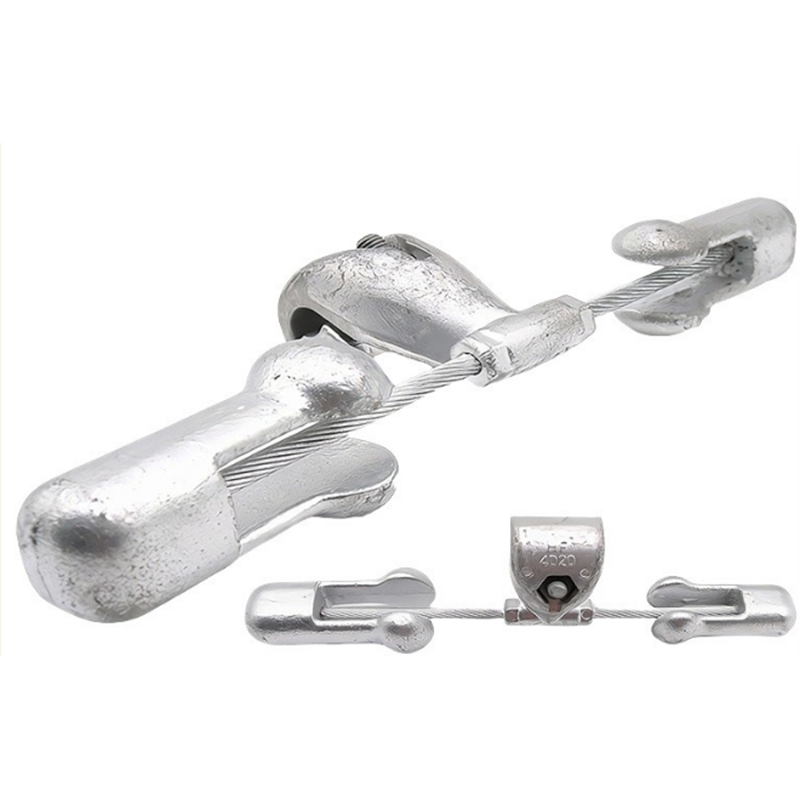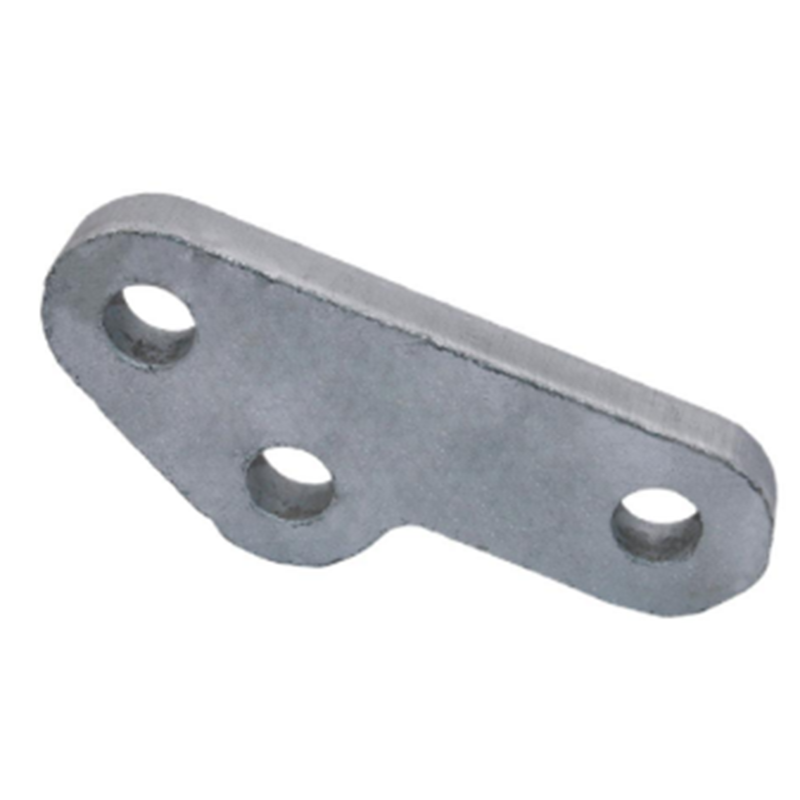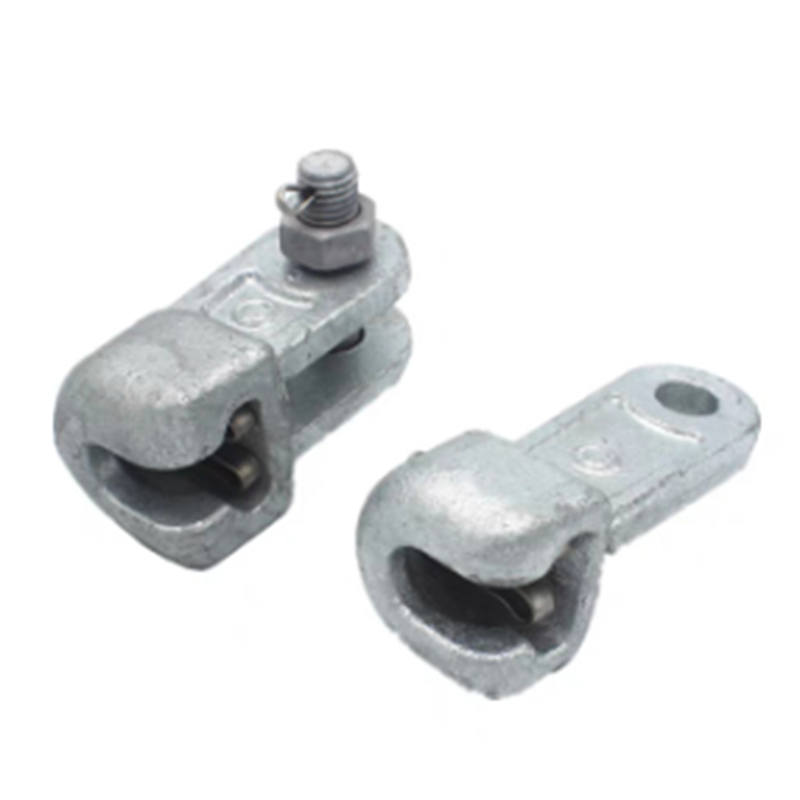- Chinese
- French
- German
- Portuguese
- Spanish
- Russian
- Japanese
- Korean
- Arabic
- Irish
- Greek
- Turkish
- Italian
- Danish
- Romanian
- Indonesian
- Czech
- Afrikaans
- Swedish
- Polish
- Basque
- Catalan
- Esperanto
- Hindi
- Lao
- Albanian
- Amharic
- Armenian
- Azerbaijani
- Belarusian
- Bengali
- Bosnian
- Bulgarian
- Cebuano
- Chichewa
- Corsican
- Croatian
- Dutch
- Estonian
- Filipino
- Finnish
- Frisian
- Galician
- Georgian
- Gujarati
- Haitian
- Hausa
- Hawaiian
- Hebrew
- Hmong
- Hungarian
- Icelandic
- Igbo
- Javanese
- Kannada
- Kazakh
- Khmer
- Kurdish
- Kyrgyz
- Latin
- Latvian
- Lithuanian
- Luxembou..
- Macedonian
- Malagasy
- Malay
- Malayalam
- Maltese
- Maori
- Marathi
- Mongolian
- Burmese
- Nepali
- Norwegian
- Pashto
- Persian
- Punjabi
- Serbian
- Sesotho
- Sinhala
- Slovak
- Slovenian
- Somali
- Samoan
- Scots Gaelic
- Shona
- Sindhi
- Sundanese
- Swahili
- Tajik
- Tamil
- Telugu
- Thai
- Ukrainian
- Urdu
- Uzbek
- Vietnamese
- Welsh
- Xhosa
- Yiddish
- Yoruba
- Zulu
- Kinyarwanda
- Tatar
- Oriya
- Turkmen
- Uyghur

Stud Bolts
The Intricacies of Stud Bolts
In the world of fasteners, stud bolts often play a pivotal role yet remain somewhat underappreciated. Despite their importance, there's a common misconception that all bolts serve the same purpose. Today, I want to share some insights from my experiences working with these critical components, highlighting their importance in various applications.
Understanding the Basics
The first thing to know about stud bolts is their unique functionality. Unlike regular bolts, these are headless and usually fully threaded. They are often employed in flange connections—those vital joints between pipes or fittings. Why? Because the even distribution of force across the flange is imperative, and a well-chosen stud bolt does just that.
Now, it's not just about screwing these into place. Material matters. Carbon steel, stainless steel, alloys—the choice depends on the environment of application. For instance, in corrosive environments, you'd lean towards using stainless steel or alloy mixes known for their durability.
One mistake I've seen fellow engineers make is neglecting the material’s compatibility with the corrosive properties of the environment. There's no shortage of stories where a simple overlook in material choice led to rapid deterioration and, eventually, costly repairs.
Choosing the Right Size
Size isn't something you guess. When selecting stud bolts, every dimension—from length to diameter—plays a crucial role. Precision here is not just beneficial; it's essential. A misfit can mean additional stress on parts, leading to premature failure.
During a project once, we faced a delay due to an oversight in bolt sizing. The supplier mixed up metric and imperial units, and the subsequent adjustments weren't just a nuisance—they affected the project timeline significantly.
It's for this reason that companies like Shengfeng Hardware Fastener Factory focus on providing detailed specifications for all their products. With their strategic location next to National Highway 107, they offer not just quality but also reliable logistics.
The Role of Tension
Torque and tension walk hand in hand when it comes to stud bolts. Setting the correct tension ensures that the flanges are sealed properly and can withstand operation pressures without any issues. Under-torqueing can lead to leaks, whereas over-torqueing might damage the components.
I still recall one specific incident where a colleague of mine applied excessive torque on a bolt. The result? A snapped bolt and a delayed operation. Tension control must never be overlooked. It’s an art and a science combined.
Tools like tensioning equipment and torque wrenches are indispensable, and understanding how to use them effectively can mean the difference between a successful installation and a catastrophic failure.
Installation Tips
The installation of stud bolts is where experience truly shows. Getting the alignment right, ensuring that threads are clean, and using the proper lubrication are all steps that come with practice and patience.
Each project brings its challenges. For example, analyzing how the temperature coefficients affect bolt tension over different service temperatures is something that often gets missed but is crucial for reliability.
Consider employing anti-seize coatings, especially in high-heat applications. This small step could save you from a future headache when disassembly becomes necessary. I learned this the hard way during a maintenance job in a power plant—never fun to deal with galled threads.
Supplier Relationships
Whether you're tackling a small repair or a massive industrial build, having a reliable supplier for your stud bolts is paramount. For many professionals, the Shengfeng Hardware Fastener Factory is a trusted name—offering a wide range of specifications and maintaining quality across products.
Their location in the heart of the industrial zone in Handan City isn't just a geographical advantage. It’s a testament to their integrated approach to manufacturing and logistics. Visiting them firsthand, you understand the meticulous care that goes into every bolt.
Building a relationship with your supplier, understanding their strengths, and maintaining open communication can significantly smooth the procurement process. It's not just about buying a product; it's about ensuring the entire project’s success.
Соответствующая продукция
Соответствующая продукция




